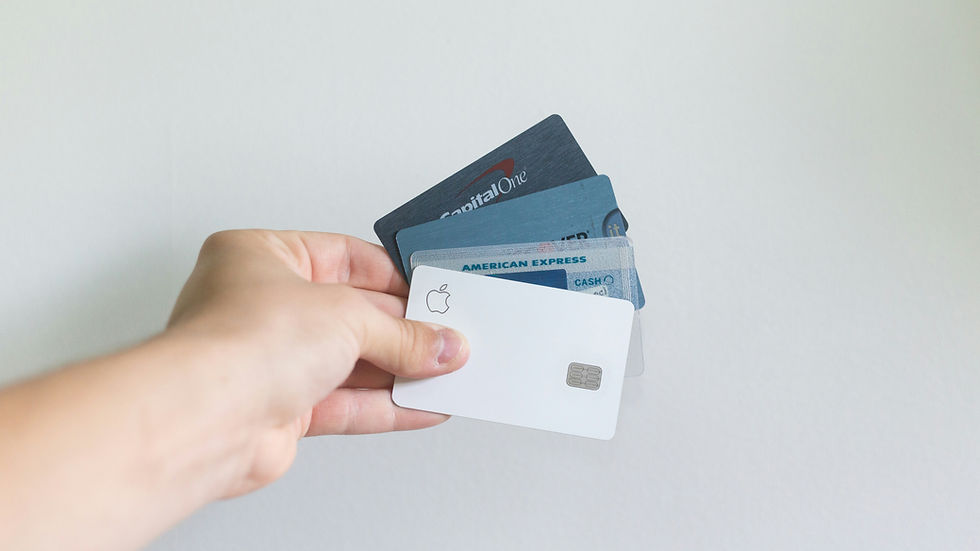Navigating the World of UK Mortgages for Expats
- Lucy Baldwin

- Mar 30, 2023
- 2 min read
How Expats Can Secure Mortgages in the UK
For many expats, owning property in the UK is a dream come true. However, obtaining a mortgage as a non-UK resident can be challenging. In this blog, we’ll take a look at some of the things you need to know when applying for a mortgage as an expat in the UK.
First and foremost, it’s important to understand that getting a mortgage in the UK as an expat is not impossible, but it can be more difficult than for UK residents. Lenders typically prefer to lend to those who have a permanent UK address and a UK-based income, so expats may need to provide additional documentation to prove their eligibility.
One of the key factors that lenders will consider when deciding whether to approve an expat’s mortgage application is their credit history. If you have a good credit history in the UK, it can increase your chances of being approved for a mortgage. However, if you have limited or no credit history in the UK, lenders may be more cautious about lending to you.
In addition to your credit history, lenders will also consider your employment status and income when assessing your mortgage application. Generally, you will need to provide evidence of a stable income, which could include payslips or bank statements. If you are self-employed, you may need to provide additional documentation, such as tax returns and financial statements.
Another factor that can impact your ability to secure a mortgage as an expat is the amount of deposit you have available. Lenders generally prefer borrowers who can put down a larger deposit, as this reduces the lender’s risk. If you can afford to put down a larger deposit, it may increase your chances of being approved for a mortgage. The typical deposit required for an expat mortgage is at least 25% of the property value.
It’s also worth noting that not all UK lenders offer mortgages to expats, so research will need to be carried out to find a lender that is willing to work with you.
In summary, obtaining a mortgage as an expat in the UK can be challenging, but it is possible to do. To increase your chances of success, be prepared to provide detailed documentation of your income, credit history, and employment status. It’s also a good idea to work with a mortgage broker, who has experience working with expats, as they can help you navigate the process and find the right lender for your needs.




Comments